It's all about making nice before the big Super Bowl war on Sunday. On Saturday night, the NFL will present the Walter Payton Man of the Year Award to the player who displayed the biggest dedication to philanthropy and community impact during the season. The NFL created the award in 1999 in memory of the Hall of Fame Chicago Bears running back and his humanitarian efforts in the community, particularly those regarding organ donation awareness. Today, the Payton Award includes $1 million in funds from the NFL Foundation, United Way Worldwide, and Nationwide—$500,000 of which goes to a charity of the winner’s choosing. The two runners up will take $125,000 each to the charity they designate. Here are this year’s three finalists:
Eli Manning, New York Giants
The two-time Super Bowl winning quarterback's list of charity work rivals his list of accomplishments on the field. Primarily, Manning works with charities that involve kids, including his seven-year stint chairing the New York March for Babies, a part of the March of Dimes. He also works with Tackle Kids' Cancer, the American Red Cross, and Guiding Eyes for the Blind. If Manning takes home the Payton Award, he'll be the first Giant ever to do so.
Larry Fitzgerald, Arizona Cardinals
After 13 years, this may be the veteran receiver's last year in the NFL, but it won't be his last for giving back. The long-time Cardinal's work off the field includes donating technology, including laptops and PCs, to schools and donating funds for books, chess tournaments, and playgrounds to schools in Phoenix. The 10-time Pro Bowler and Minneapolis native also donates funds for Minneapolis school field trips, books, and science supplies, as well as donating 1000 of the most advanced helmets to youth football in Minnesota. His First Down Fund also supports "kids and families in crisis and health-related organizations."
Greg Olsen, Carolina Panthers
The Panthers' all-time leader in receiving yards and receptions for a tight end founded Receptions for Research in honor of his mother, a breast cancer survivor. The group's HEARTest Yard's efforts include providing "families of babies affected by congenital heart disease with a multitude of services including in-home, private nursing care, physical therapy and speech therapy." In addition, the foundation seeks to fund cancer research and provides outreach for education. Celebs ranging from Dwayne “The Rock” Johnson to Dale Earnhardt Jr. have helped Olsen with his charitable endeavors.








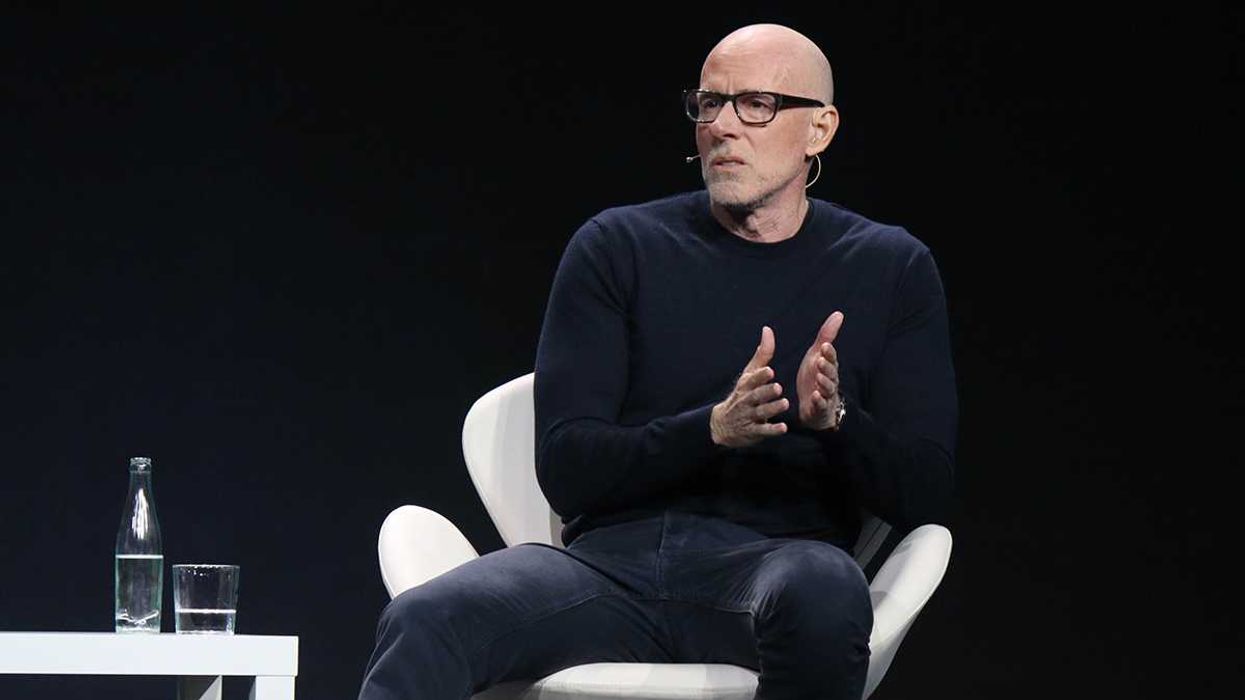
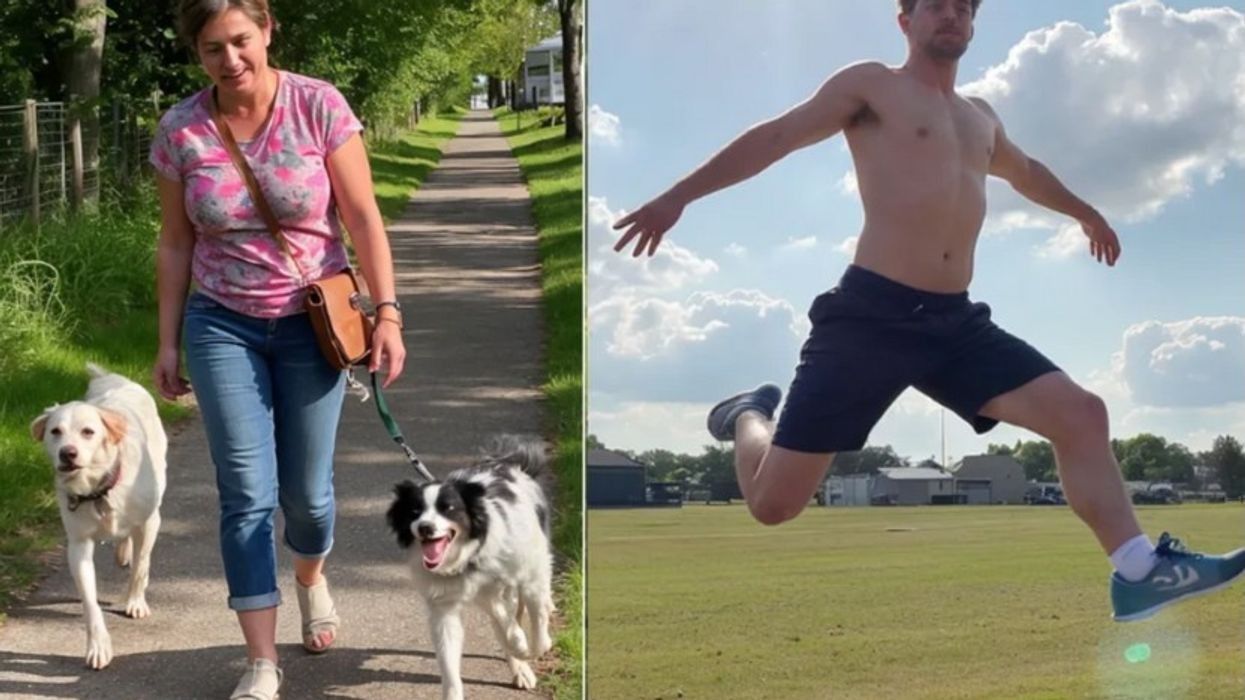






 Couple talking in the woods.
Couple talking in the woods.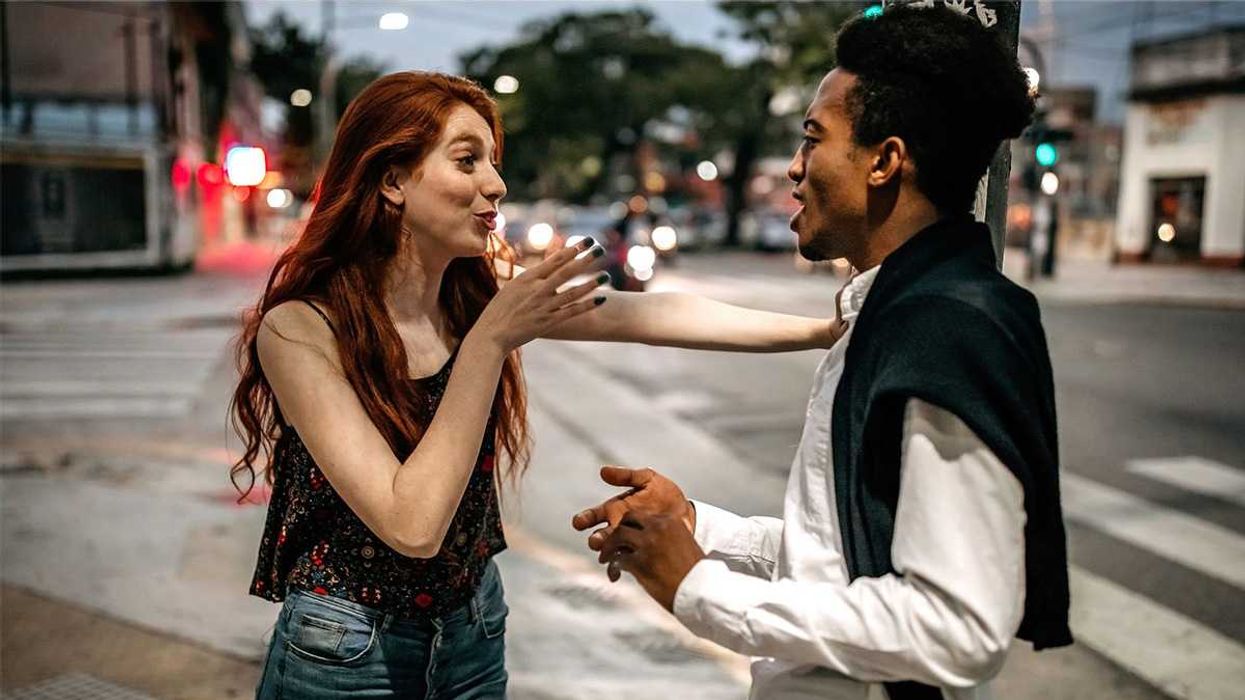 Woman and man have a conversation.
Woman and man have a conversation. A chat on the couch.
A chat on the couch. Two people high-five working out.
Two people high-five working out.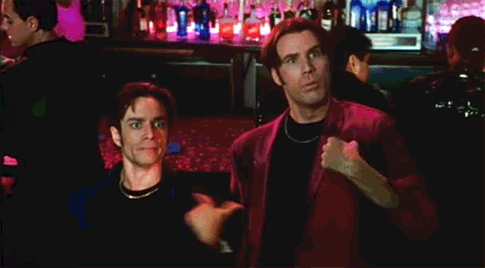 Movie scene from Night at the Roxbury.
Movie scene from Night at the Roxbury.  Friends laughing together.
Friends laughing together.
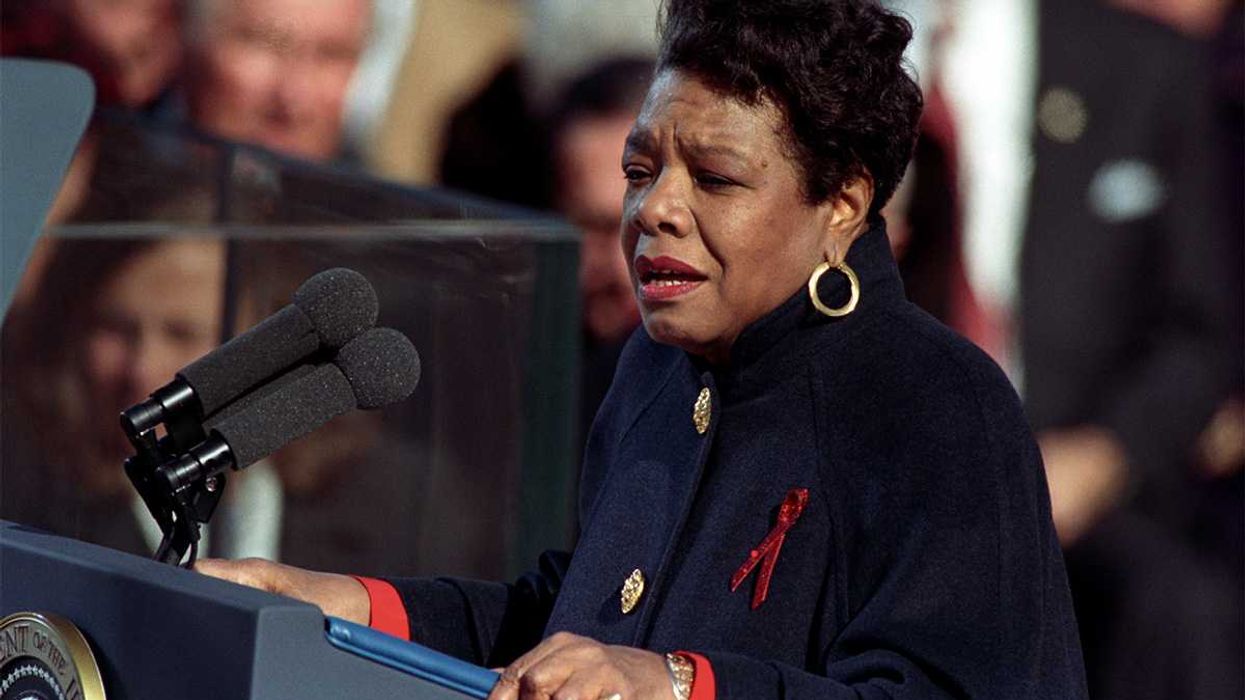 Maya Angelou reciting her poem "On the Pulse of Morning" at President Bill Clinton's inauguration in 1993.William J. Clinton Presidential Library/
Maya Angelou reciting her poem "On the Pulse of Morning" at President Bill Clinton's inauguration in 1993.William J. Clinton Presidential Library/ 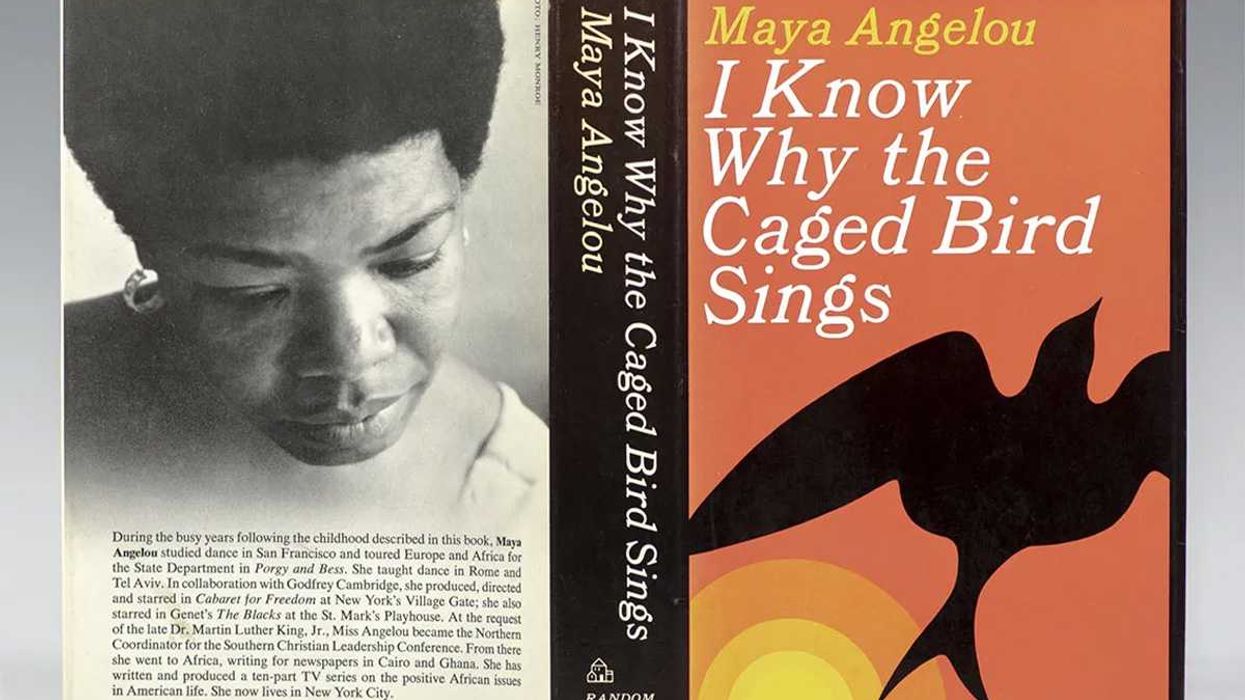 First edition front and back covers and spine of "I Know Why the Caged Bird Sings."Raptis Rare Books/
First edition front and back covers and spine of "I Know Why the Caged Bird Sings."Raptis Rare Books/ 

 Tow truck towing a car in its bedCanva
Tow truck towing a car in its bedCanva  Sad woman looks at her phoneCanva
Sad woman looks at her phoneCanva  A group of young people at a house partyCanva
A group of young people at a house partyCanva  Fed-up woman gif
Fed-up woman gif Police show up at a house party
Police show up at a house party 
 A trendy restaurant in the middle of the dayCanva
A trendy restaurant in the middle of the dayCanva A reserved table at a restaurantCanva
A reserved table at a restaurantCanva Gif of Tim Robinson asking "What?' via
Gif of Tim Robinson asking "What?' via 

 An octopus floating in the oceanCanva
An octopus floating in the oceanCanva